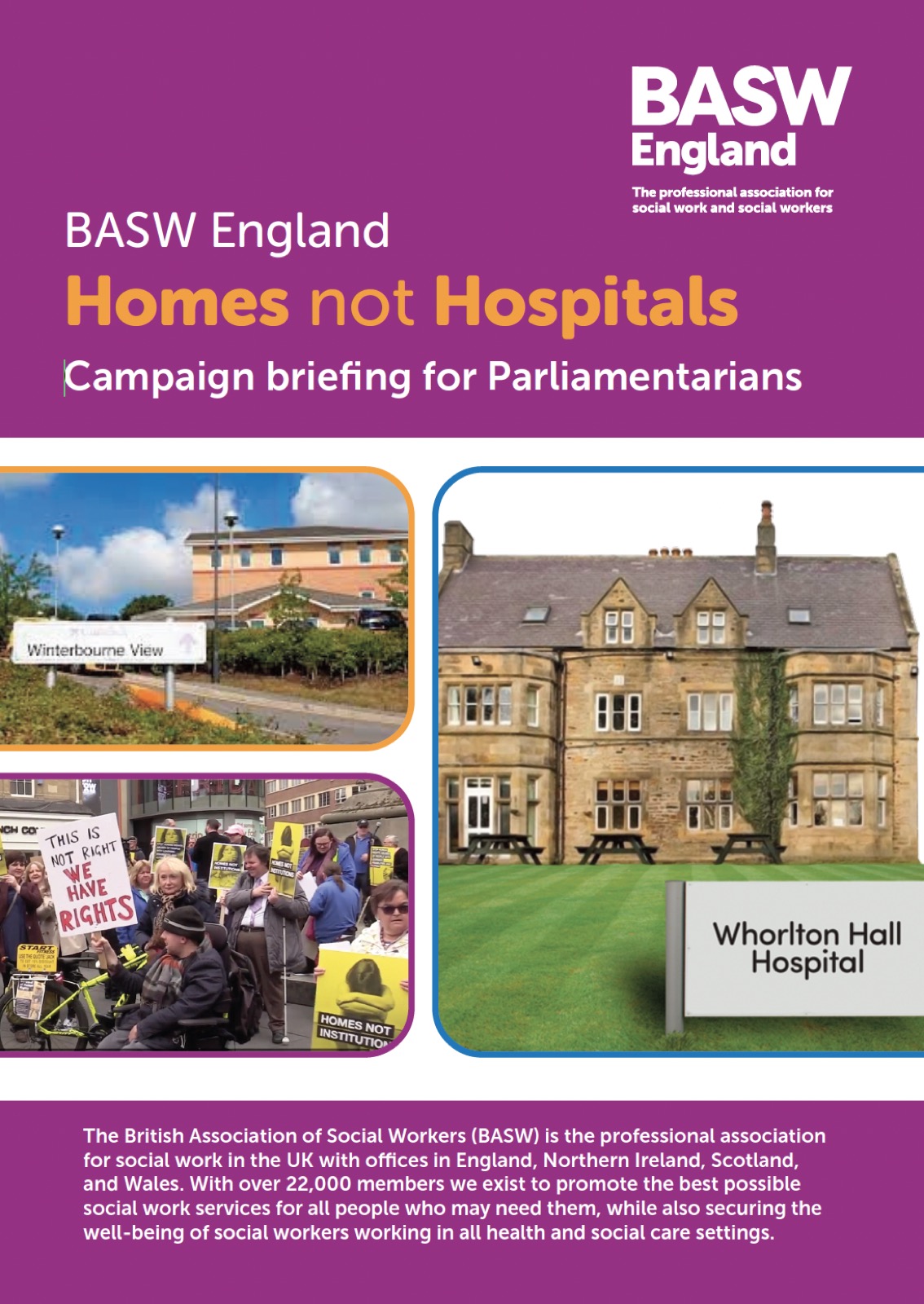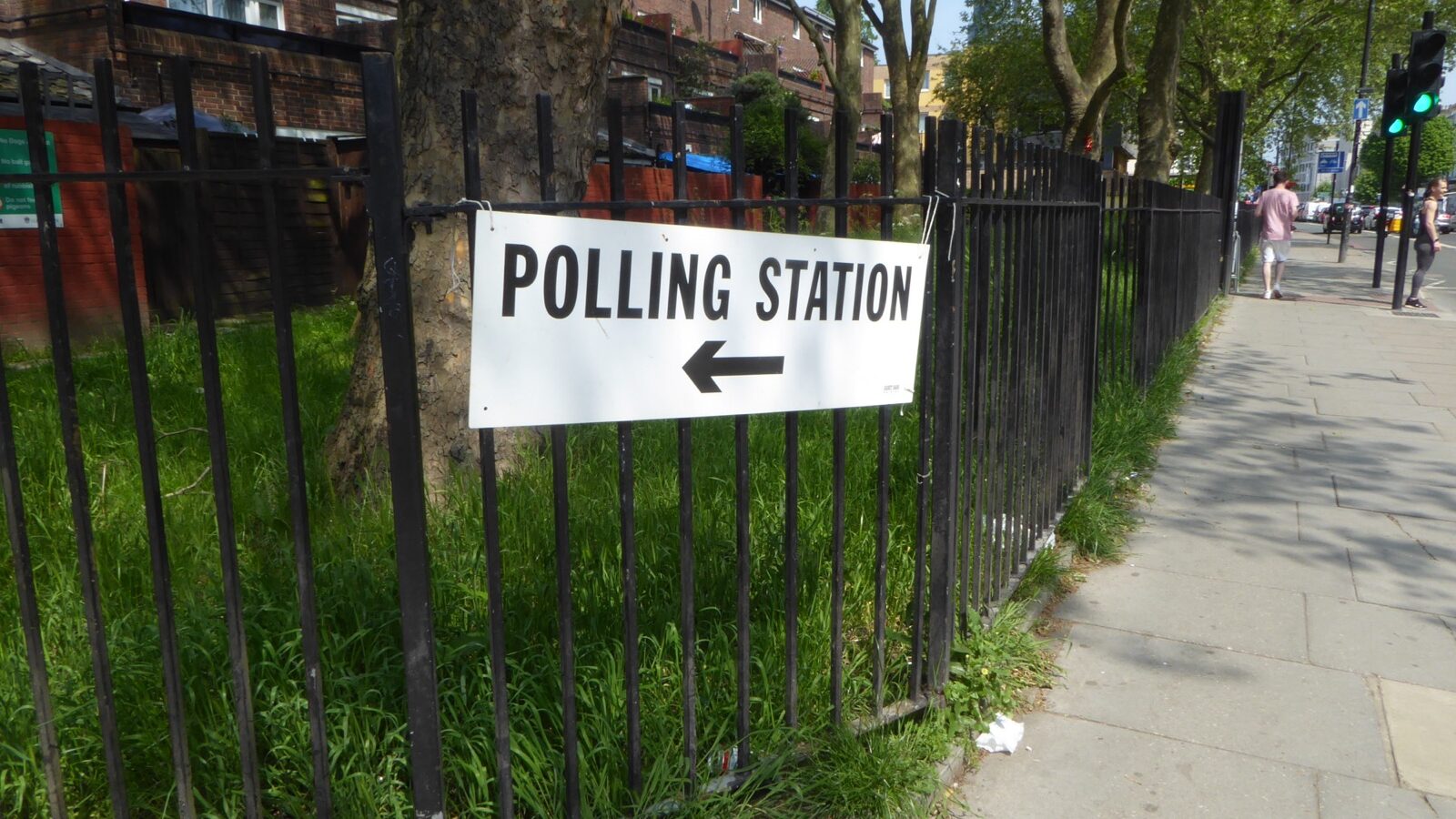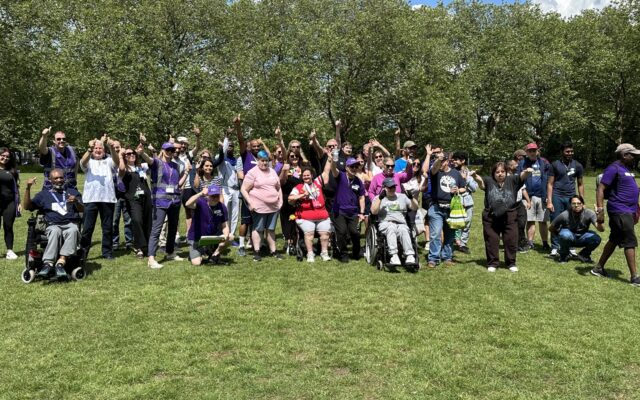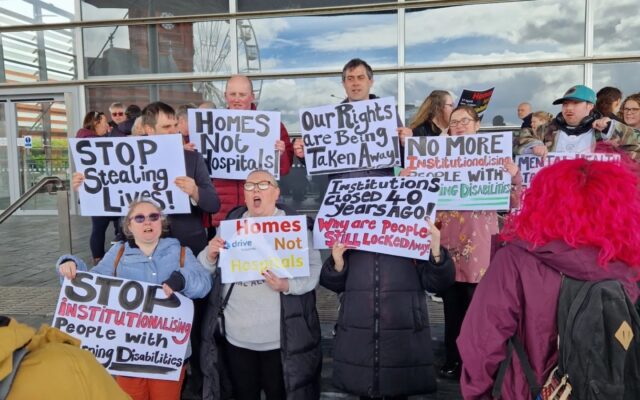Just over 13 years ago, on 31 May 2011, BBC Panorama broadcast horrifying undercover footage of staff abusing inpatients at Winterbourne View assessment and treatment unit in south Gloucestershire.
The shocking case sparked public and political condemnation. People were not only subjected to verbal and physical abuse but also incarcerated in secure mental health units, despite having committed no crime nor having any mental health issues.
In response, the government promised to move people into real homes in communities, with “transforming care” plans and targets to halve the number of people in such units in England by March this year (from around 3,000 in 2015 to 1,500 by 2024).
Today, according to the latest NHS figures, 2,045 people with learning disabilities and/or autism are still locked away, with half having stayed for over two years.
Recent analysis by Mencap and ITV News suggests that the government has been spending over £500 million a year placing people in such settings.
Numerous scandalous failures in inpatient units since Winterbourne View include the preventable death of teenager Connor Sparrowhawk in 2015 at a Southern Health NHS Foundation Trust assessment and treatment unit.
The #JusticeforLB campaign (Connor was affectionately known as LB or Laughing Boy) raised awareness and fought successfully for answers.
The campaign for truth proved Southern Health’s responsibility for Connor’s avoidable death while also highlighting the inhumane treatment of other people with learning disabilities.
A new drama, Laughing Boy, premiered at the Jermyn Street Theatre in London in April, bringing Connor’s life and the campaign to the stage (recently reviewed by Community Living).
Now, as a new government forms, politicians and policymakers should familiarise themselves – if they have not done so already – with campaigning and activism on these issues.
Here, we look at just a few efforts to shine a light on the ongoing care failure and human rights scandal.
The solution is to close secure hospitals and build appropriate support for people
Don’t Lock Us Away
Oxfordshire-based user-led charity My Life My Choice (MLMC) launched Don’t Lock Us Away in October 2023.
The charity explained at the time: “We think people with learning disabilities and autism should have the right support to live in the community – not be locked away in hospitals that are only meant for short-term care.
“Most people with a learning disability live in the community and have a good life. We want everyone to have this kind of life. This is why we started the Don’t Lock Us Away campaign
“We believe the solution is to close secure hospitals and build appropriate support for people with learning disabilities.”
MLMC worked with the British Institute of Human Rights to create a free guide that aims to support people to move home from hospital (available on the MLMC website). It includes information on how to use the Human Rights Act to challenge the length of hospital stays.
Supporters can get involved in MLMC’s campaign by finding out how many individuals are stuck in hospital in their local area and share this information with the charity. They can also lobby local mental health services to get people out of hospital and ask their MPs to get the minister for health and social care to take action.
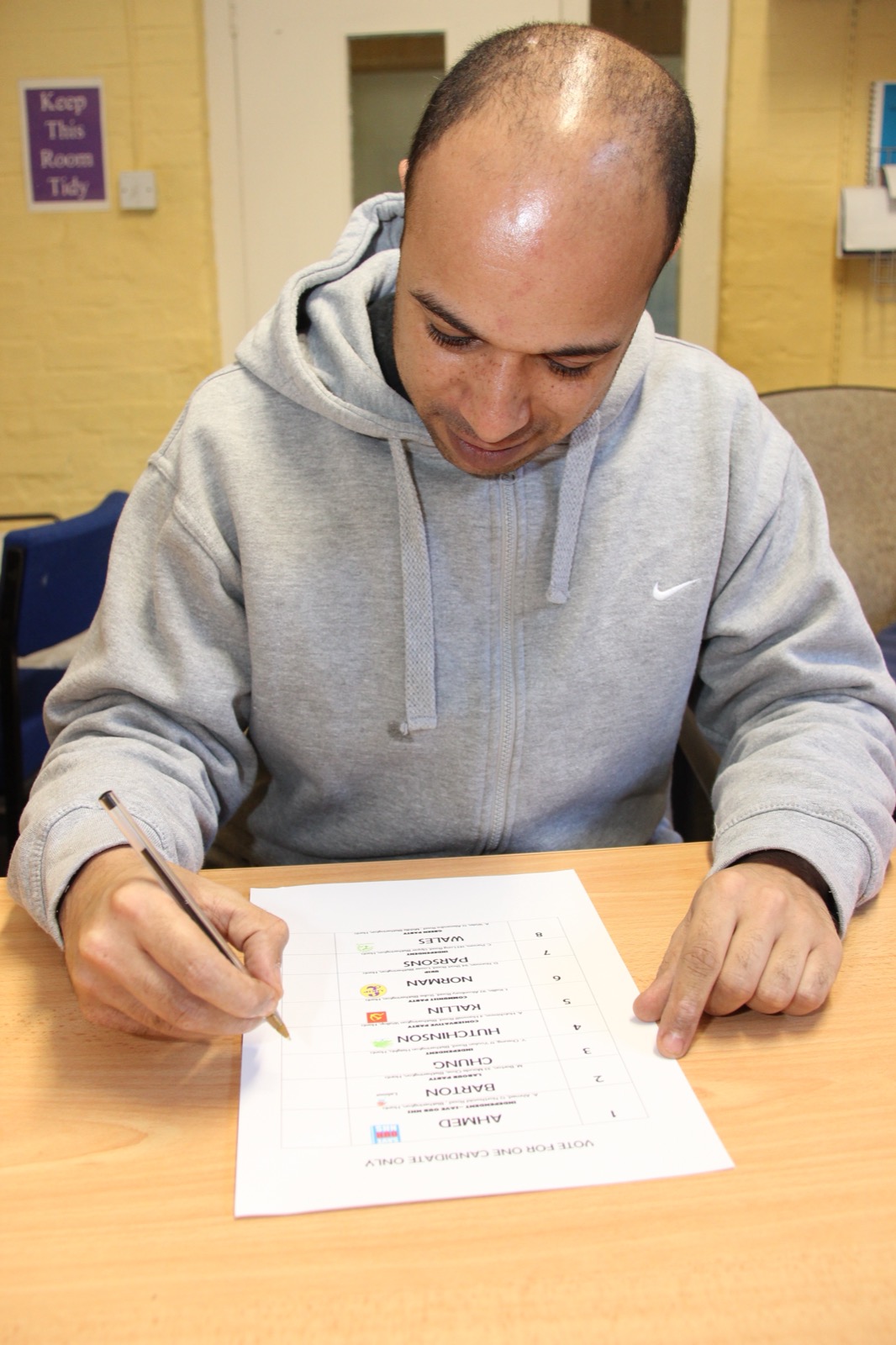
Use Your Power
In March, advocacy and involvement charity VoiceAbility started a drive to demand that the secretary of state for health and social care intervened to end the “hidden scandal” of people detained for years in mental health hospitals.
Its Use Your Power campaign, which included a short awareness-raising film (watch it on its website) urges political parties to commit to using the secretary of state’s powers to direct NHS England to improve support for people, enable them to live in the community and reduce detention times.
“It does not need to be this way,” says Jonathan Senker, VoiceAbility’s chief executive, as the campaign was launched. “In this year of a UK general election, we’re asking all political parties to commit to using the government’s new powers to direct NHS England to urgently improve support for people with a learning disability and autistic people to live in the community and reduce their detention in mental health hospitals.”
Stolen Lives
Stolen Lives formed earlier this year and features in this issue of Community Living. The campaign group consists of families with loved ones who have a learning disability and/or autism and who are or have been incarcerated in hospitals.
The group is supported by the Wales Learning Disability Consortium, which includes Learning Disability Wales, All Wales Forum of Parents and Carers, Mencap Cymru, All Wales People First, the Down’s Syndrome Association and Cymorth Cymru.
The campaign information states: “There are people with learning disabilities and/or autism from Wales who are living in hospitals. This is a human rights scandal which has been ignored for too long.
“Many people with learning disabilities and/or autism are trapped in hospitals due to a lack of appropriate housing and support in their community. Many are sectioned due to placement breakdown and they have been inappropriately placed.
“The Welsh Government must recognise that sectioning people under the Mental Health Act is not the solution.”
Rightful Lives
Rightful Lives is “a creative campaign and community focused on the human rights of people with learning disabilities and autistic people in Britain”.
The Rightful Lives group began in 2018 in response to people with learning disabilities and autistic people being treated badly in the health and social care system. Campaigners use art, music, poetry, film, song and literature to convey their messages.
Its website states: “We wanted to find new ways to help politicians, policymakers, the media and the public understand the terrible things that are happening to people with learning disabilities and autistic people and make them do something about it.”
Homes Not Hospitals
The British Association of Social Workers (BASW) campaign, launched in 2021, “addresses the urgent issue of persistently high numbers of people with learning disabilities and autistic people in inappropriate inpatient units”.
The organisation says too many people with learning disabilities and autistic adults are being failed by the housing and care system and its campaign briefing (on its website) will enable people to champion and advocate for the human rights of those with learning disabilities and/or those who are autistic.
The aim is to influence policy and practice reform, with a human rights focus.
BASW England professional officer Liz Howard said when the drive began: “As social workers, our practice is underpinned by social justice, safeguarding and upholding people’s human rights, and ensuring people’s voices are heard. That is what the Homes not Hospitals campaign is all about.”
